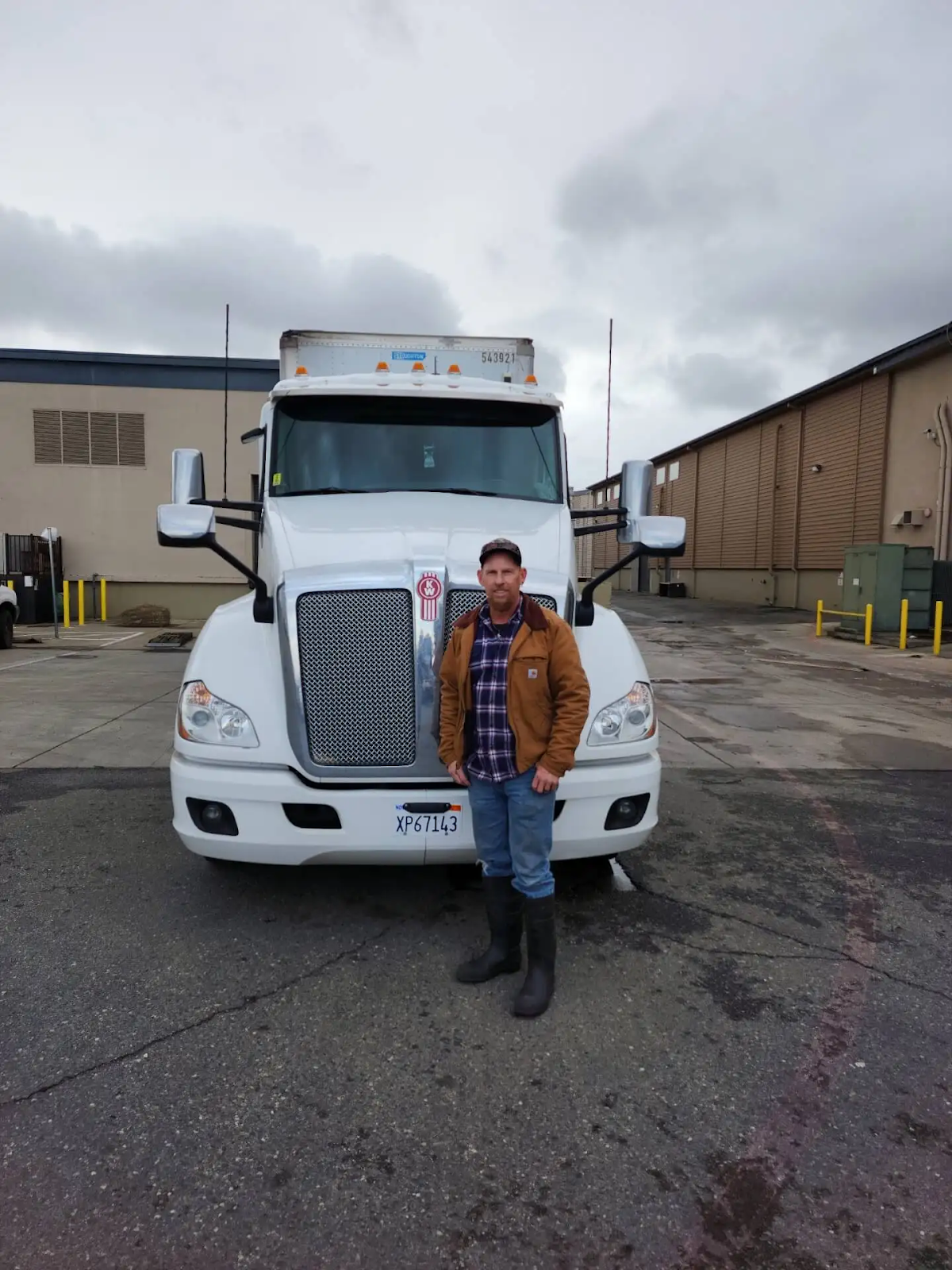Any company depending on timely delivery, service, or coordination of resources depends on effective dispatch operations. Whether you're running a fleet of cars, organizing service professionals, or supervising emergency responses, mastery of dispatch calls for a combination of strategic planning, clear communication, and resource economy. Here we discuss important strategies to improve dispatch jobs operations and guarantee flawless implementation.
1. Understanding Dispatch Operations
Coordinating resources, staff, and activities under dispatch helps to guarantee timely and efficient service delivery. Receiving requests, assigning work to suitable staff or vehicles, and tracking development to guarantee timely completion comprise this procedure. Good dispatch calls for a firm awareness of logistical issues, priorities, and capabilities.
What are dispatch jobs primarily responsible for?
Dispatch jobs mostly entail organizing the timely application of resources or individuals to effectively complete tasks or service requests.
2. Implementing Clear Communication Protocols
Good dispatch procedures depend mostly on clear communication. Establishing strong communication systems guarantees that data moves naturally between field agents, dispatchers, and consumers. Reliable communication channels—such as mobile apps, radios, or integrated software systems—help to instantly broadcast important changes and directions.
3. Leveraging Technology for Optimization
Maximizing dispersion operations depends much on technology. Features of advanced dispersion management systems include real-time tracking, route optimization, and automatic work assignment. These instruments help dispatchers to more effectively distribute resources, react fast to changes or crises, and examine performance criteria for ongoing development.
4. Prioritizing Task Management and Scheduling
Prioritizing and timing dispatch actions depends on good task management. Task classification based on urgency, proximity, and resource availability helps dispatchers more wisely distribute resources. By use of scheduling algorithms or frameworks, activities are allocated depending on established criteria, therefore reducing idle time and optimizing output.
5. Training and Empowering Dispatch Personnel
Effective operations depend much on well-trained dispatch staff. Giving dispatchers thorough instruction in system proficiency, problem-solving methods, and communication skills would help them to manage several situations. Giving dispatchers decision-making power inside specified policies helps them to make wise decisions and react fast to changing operational environments.
Why is training important for dispatch personnel?
Training improves dispatchers' communication, problem-solving, system operation, and problem-solving ability, helping them to manage tasks effectively and react to difficulties in dispatch operations.
6. Continuous Monitoring and Performance Evaluation
Finding bottlenecks, tracking service delivery schedules, and evaluating general performance all depend on ongoing observation of dispatch actions. Establishing performance criteria including response times, completion rates, and customer satisfaction scores helps to support continuous review and development projects. Performance reviews and regular feedback sessions support in improving operational efficiency and refining of dispersion plans.
7. Emphasizing Adaptability and Crisis Management
Unexpected incidents and crises can throw off plans in dispersion operations and need for quick reaction. Properly handling crises depends on developing within dispatch staff an adaptive and ready culture. Creating backup plans, doing scenario-based training, and keeping open lines of contact guarantee quick reactions and help to reduce the effect of interruptions on the provision of services.
Conclusion
Learning the art of dispatch calls for a mix of strategic planning, good communication, technical integration, and ongoing development. Organizations can greatly improve dispatch operations by using clear communication protocols, using new technology, giving task management top priority, funding training, tracking performance indicators, and encouraging adaptation. These techniques not only simplify procedures but also help to guarantee better client satisfaction, operational efficiency generally, and service delivery in job for logistics and supply chain management. Organizations may keep ahead in a competitive environment and guarantee continuous and dependable service to their customers by taking a proactive attitude to dispatch management.



.jpg)

